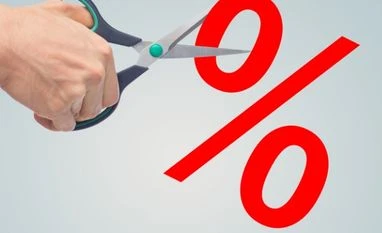Even though there exists ample liquidity in the banking system following demonetisation and lowering of inflation, this cannot be regarded as a normal situation.
Once the scrapped Rs 500 and Rs 1,000 notes are replaced and fresh currency is injected back into the system fully, the ball game would change. Besides, there are certain commodities like sugar and wheat which are witnessing firming of prices, the paper pointed out.
Also Read
The analysis by the industry body Assocham noted that the biggest risks are emanating from the unfolding global scenario, marking sharp strengthening of the US dollar, raking in international money back into the American economy. Moreover, it said, most of the emerging markets have witnessed huge outflows, exerting pressure on their currencies.
"We are slowly moving away from a highly beneficial position of low crude oil prices and a stable as well as strong rupee which made the landed cost of energy quite cheap.
"Now, we are getting into the reverse position where crude oil is firming up and rupee is becoming weaker. Thus, it would be a double whammy of increased import bill in dollar terms and on top of it, higher landing cost on account of weaker rupee," Assocham President Sunil Kanoria said.
India is amongst the largest crude oil importers in the world and net importing country. So, the dollar strengthening has a direct and immediate impact on the country's overall balance of payment position and would lead to inflation in the medium term, the analysis revealed.
According to the paper, while weaker rupee is good news for the Indian exporters, they would face greater competition from the peers like China, Vietnam, the Philippines and Bangladesh.
The Chinese currency is melting against dollar, helping its exporters in the process. Thanks to weakening of the Renminbi, Japan has overtaken China as the largest holder of the US treasuries, the report said.
Among the domestic challenges, the play-out of the demonetisation remains to be seen in terms of impact on the Gross Domestic Product while uncertainty over implementation of the Goods and Services Tax (GST) has increased, it said.
)